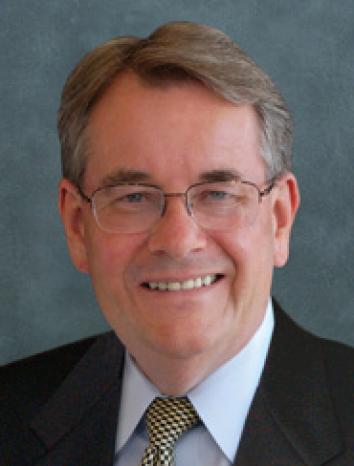Last Wednesday, gay rights activists throughout Florida held their breaths and waited for catastrophe. It never came. The state Senate was debating amendments to a new adoption bill that would, among other things, provide incentives for Floridians to adopt special needs children and formally repeal the state’s ban on adoptions by same-sex couples. Sen. Kelli Stargel, displeased with the bill’s pro-equality provisions, proposed an alarming “conscience clause” amendment that would permit even state-funded adoption agencies to turn away couples on account of their religious or moral convictions. The LGBTQ community expected the amendment to pass—until Republican Sen. Don Gaetz stood up to protest the measure, declaring:
I don’t think it would be right for this Senate to take the position that we believe—as some believed in 1977—that there was something wrong with a child having a chance at a loving home even if the people in that loving home didn’t have the traditional family values that we have. It wasn’t too many years ago that interracial adoptions were illegal and frowned on and immoral. … We don’t need to turn the social clock in this state back to 1977 [when the gay adoption ban was passed].
Gaetz then called Florida’s anti-gay adoption law a “sleeping, comatose dead dog” and an “archaic, dusty, dead law.” The amendment, seemingly fast-tracked for success, was then overwhelmingly rejected on a voice vote. I spoke to Gaetz on Monday about his stand for equality.
Why did you oppose the “conscience clause” amendment?
The amendment would have allowed faith-based adoption agencies to not perform or facilitate adoptions that offended their religious or moral beliefs. So it wasn’t just gay adoptions. It wasn’t too long ago that interracial adoptions were deemed to be morally offensive to some groups. So the problem is that this amendment didn’t just create an opportunity to discriminate against gay adoptions. It would create an opportunity to discriminate against any adoptions that a faith-based group thought would be offensive to their moral or religious beliefs. That’s a big, wide slippery slope.
Do you support adoption by same-sex couples?
As I’ve looked at the history of this issue in Florida, gay adoptions go on every day. They go on every day in the public adoption environment and the private adoption environment. The Department of Children and Families has testified before trial courts that they knowingly place children in same-sex homes and that, contrary to the objections of some groups, there have been absolutely no indications that same-sex adoptions or same-sex foster care placements have had any negative effects on children.
My goal here is to get more children—and more special needs children—adopted. We have 852 adoptable children in the state’s foster care system, most of which have been available for adoption for 12 months or more. There are thousands and thousands more children [in foster homes]. I don’t want there to be any barriers to those children having loving, permanent homes.
Do you support same-sex marriage?
That’s an issue I haven’t really grappled with. Let me just say I am not a champion of gay rights. I am not somebody who has been associated with that issue. I’m not a person who has been involved in gay rights issues typically. But that issue was infused into the adoption debate—and my concern is finding adoptive homes for adoptable children.
This interview has been lightly edited and condensed.
